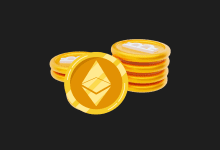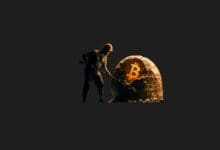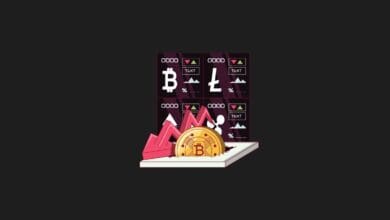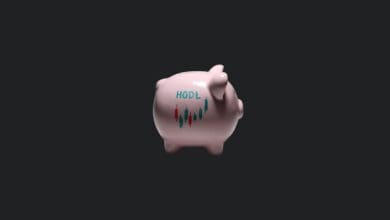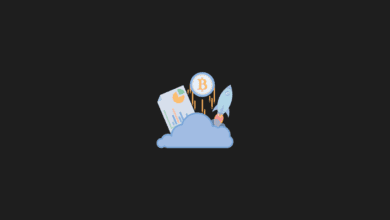What Are NFT Marketplaces and How to Trade Them
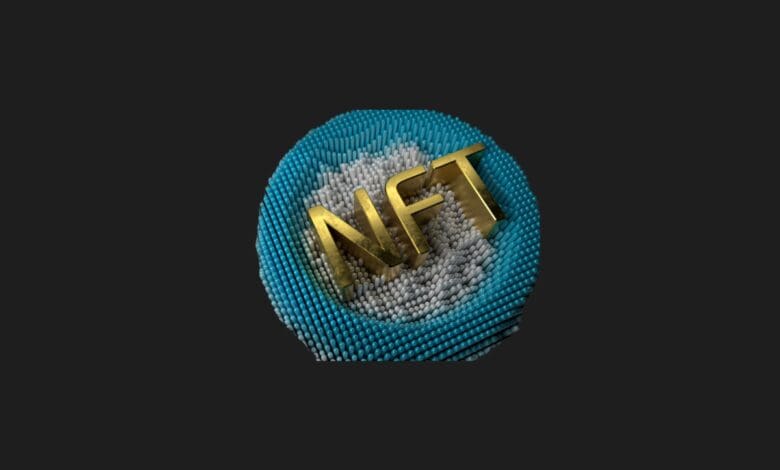
NFTs cannot be listed on cryptocurrency exchanges like traditional tokens due to the unique smart contracts used in their creation. Instead, NFTs have their own dedicated marketplaces where trading, selling, and minting transactions take place. These NFT marketplaces are platforms where NFTs can be stored, traded, viewed, and created.
To trade on an NFT marketplace, you must first register on the platform of your choice. The next step is to integrate your blockchain-compatible wallet, supported by the chosen platform, into the system. Once that is done, you can create your profile on the designated page and begin carrying out your desired actions.
Types of NFT marketplaces
NFT marketplaces are divided into types with content types and the different opportunities they provide.
Curated Platforms
Some NFT platforms work exclusively with authorized artists, while others require new users to be referred by existing members. In short, if you want to create NFTs on these platforms, you must first go through an approval process.
These platforms allow you to produce not only simple collections but also high-quality digital artworks. They curate the NFTs you create, which is why they tend to have high transaction fees and offer limited flexibility in setting royalty percentages for your NFTs.
SuperRare
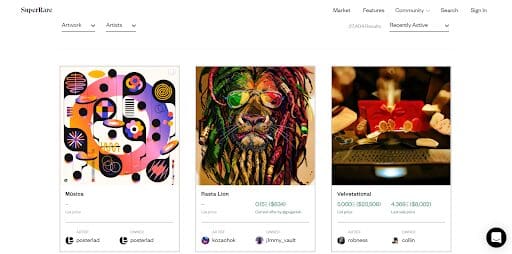
Foundation
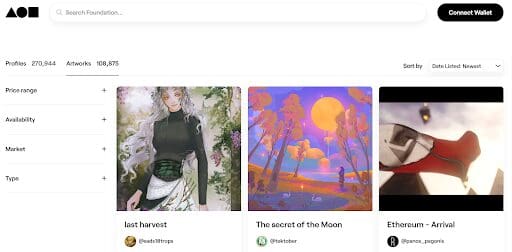
KnowOrigin
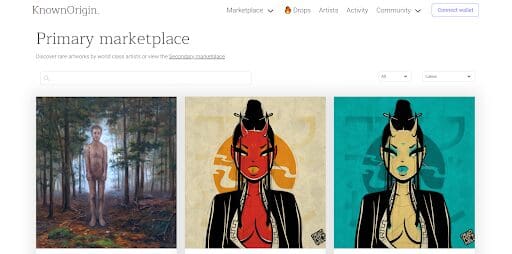
Self-Service Platforms
These platforms allow anyone to create NFTs without the need for approval or referrals. You can create NFTs in any format you choose and set your desired royalty percentage from future sales with flexibility.
However, because these platforms are open to everyone, there is a higher risk of impersonators and scammers operating within them.
Opensea
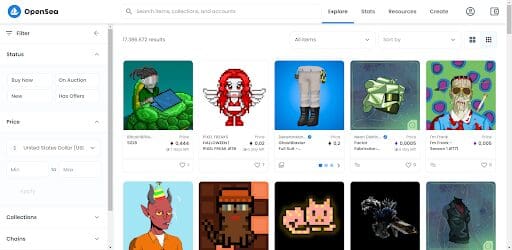
Rarible
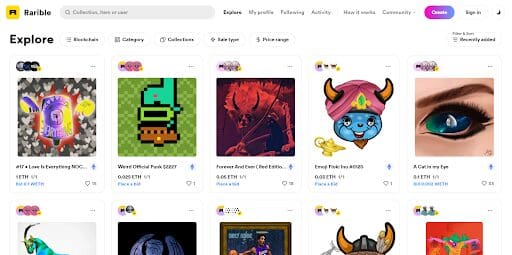
Mintable
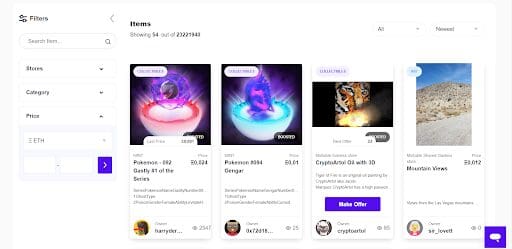
Gaming Platforms
These are platforms that enable NFTs created for gaming and VR technology to be sold and exchanged between users.
Axie Infinity
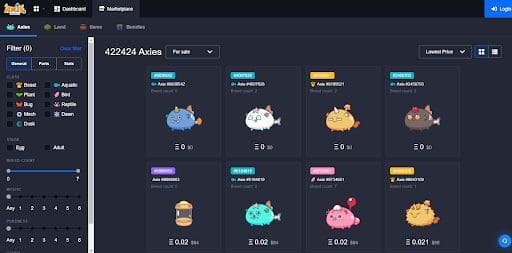
Atomichub
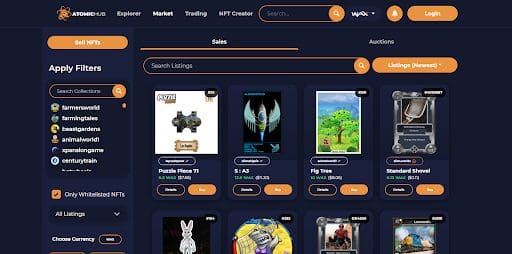
Babylons
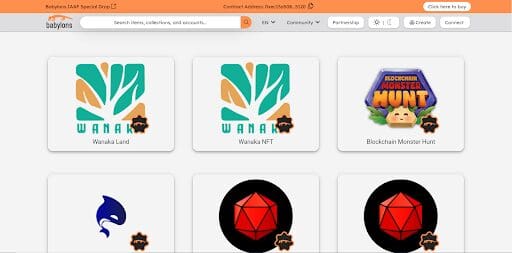
Sports Platforms
These are platforms where sports-related souvenir NFTs are presented.
Nba Top Shot
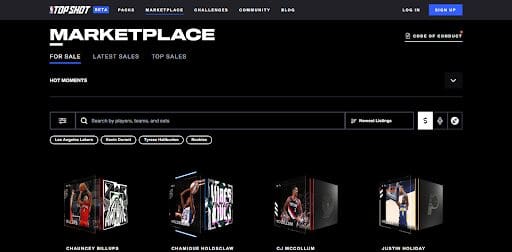
Niche Platforms
These are platforms where content in specific areas is converted into NFTs. For example, platforms that NFTize tweets.
Valuable By Cent
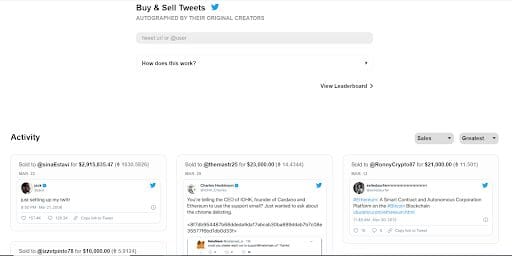
How can you buy an NFT?
When purchasing NFTs, you can either buy them at the listed fixed prices or place bids on those put up for auction. Additionally, you can directly contact sellers to negotiate a price if you wish. To complete your transactions, you must have enough of the cryptocurrency supported by the platform in your integrated wallet to cover the value of the NFT you want to buy.
How Can You Sell NFTs?
To sell NFTs, you must either own an NFT that you have previously purchased or have created one yourself. You can list your NFT for sale on the platform, either with a fixed price or as an auction. Once the platform approves the transaction, your NFT will be available for sale.
In some cases, buyers may contact sellers directly to negotiate a price. When both parties agree on a price, the platform facilitates the transfer.
What is NFT ‘Minting’?
Minting refers to the process of adding an NFT to the blockchain. It is also the term used for creating or minting new NFTs. If you’re creating an NFT yourself, minting is the process of placing your NFT on the blockchain for the first time. If you are purchasing an NFT from an initial offering (INO), minting comes into play here as well. In this case, minting involves launching a pre-designed NFT onto the blockchain.
What is a Gas Fee?
Gas Fee refers to the commission charged for transactions on the Ethereum blockchain. This term has become widely used in the crypto industry to describe all types of transaction fees. Gas Fee also applies to the commissions paid when buying, selling, auctioning, or creating NFTs on NFT marketplaces. In essence, the Gas Fee is the cost of processing transactions on blockchains.

